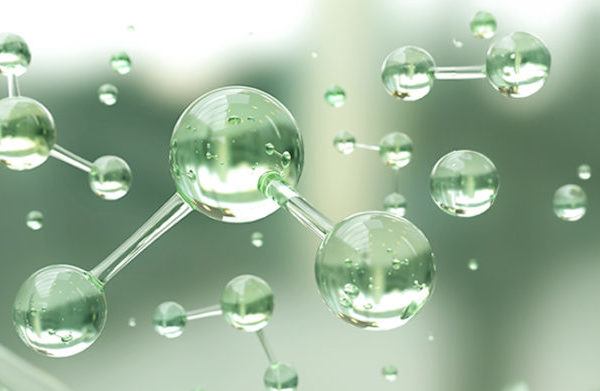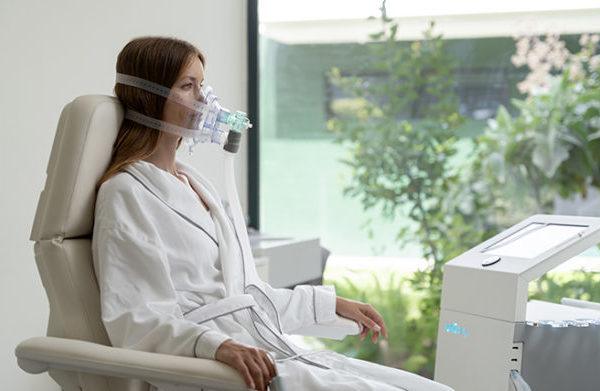
SHA Magazine Health & Beauty
The Main Types of Depression and Their Treatment
At SHA we treat depression by combining psychotherapy with healthy nutrition, a personalised physical exercise plan, and the practice of mindfulness disciplines.
Although different types of depressive episodes have similar symptoms (low mood, sadness, pessimism, lack or excess of sleep, inability to enjoy or feel pleasure), the truth is that they do not all have the same origin. As Cinthya Molina, one of the psychologists at SHA Wellness Clinic explains, ‘There are two main types. The first one is exogenous depression, which is caused by external factors, such as the death of a loved one, breaking up with a partner or the loss of a job. In other words, a traumatic event triggers the disorder, which is usually overcome as the person learns to accept the situation that caused it. In contrast, endogenous depression is due to biological factors, such as genes or hormones, and is often related to imbalances in brain chemistry and genetic predisposition. In fact, family history plays an important, but not decisive, role in the risk of depression, not only at the genetic level, but also in the learning of patterns: if, for example, one of the parents has suffered from depression for a large part of their lives, the likelihood of any of the children repeating these patterns increases’.
How do we treat depression at SHA?
Depression is a multifactorial disorder, so the best way to address it is with a holistic approach that combines different medical disciplines and areas. Pharmacological treatment is the quickest and most common option, but not the healthiest, and it only treats the symptoms and does not get to the root of the problem. For this reason, at SHA we only recommend it in the most serious cases. As Cinthya explains, ‘The first step is a good diagnosis. Many people come to my office believing they are depressed when the truth is that they are going through a bad patch. At SHA we combine cognitive behavioural therapy, which is the only therapy that scientific evidence has shown to reduce the symptoms of depressive disorder, with photobiomodulation and transcranial electrical stimulation, two technologies developed by NASA and Harvard Medical School, which stimulate the areas of the brain involved in mood, such as the frontal cortex. In addition, as mental and digestive health are closely related, eliminating ultra-processed foods and sugars, which create a lot of mental fog, from the diet is essential. At SHA we are committed to healthy and therapeutic nutrition based on fresh and seasonal products, which is very beneficial for recovering that feeling of wellbeing that keeps us away from bad thoughts. In cases of depression, it is advisable to include foods rich in tryptophan, an essential amino acid and precursor of serotonin and melatonin, the hormones that regulate mood, pleasure, and sleep cycles. Tryptophan is found in green leafy vegetables (spinach, watercress, broccoli), legumes (chickpeas, lentils, soya), nuts (almonds, walnuts), whole grains (oats, spelt), seeds (pumpkin, sesame), and seaweed. We also carry out a personalised exercise plan, as during physical activity the body releases serotonin and dopamine, cortisol levels are reduced, which is the stress hormone, and restorative rest is promoted. Finally, we complete the treatment with relaxation and mindfulness disciplines, such as yoga, meditation, or pranayama breathing, as well as techniques that help to rebalance vital energy, such as acupuncture.’





